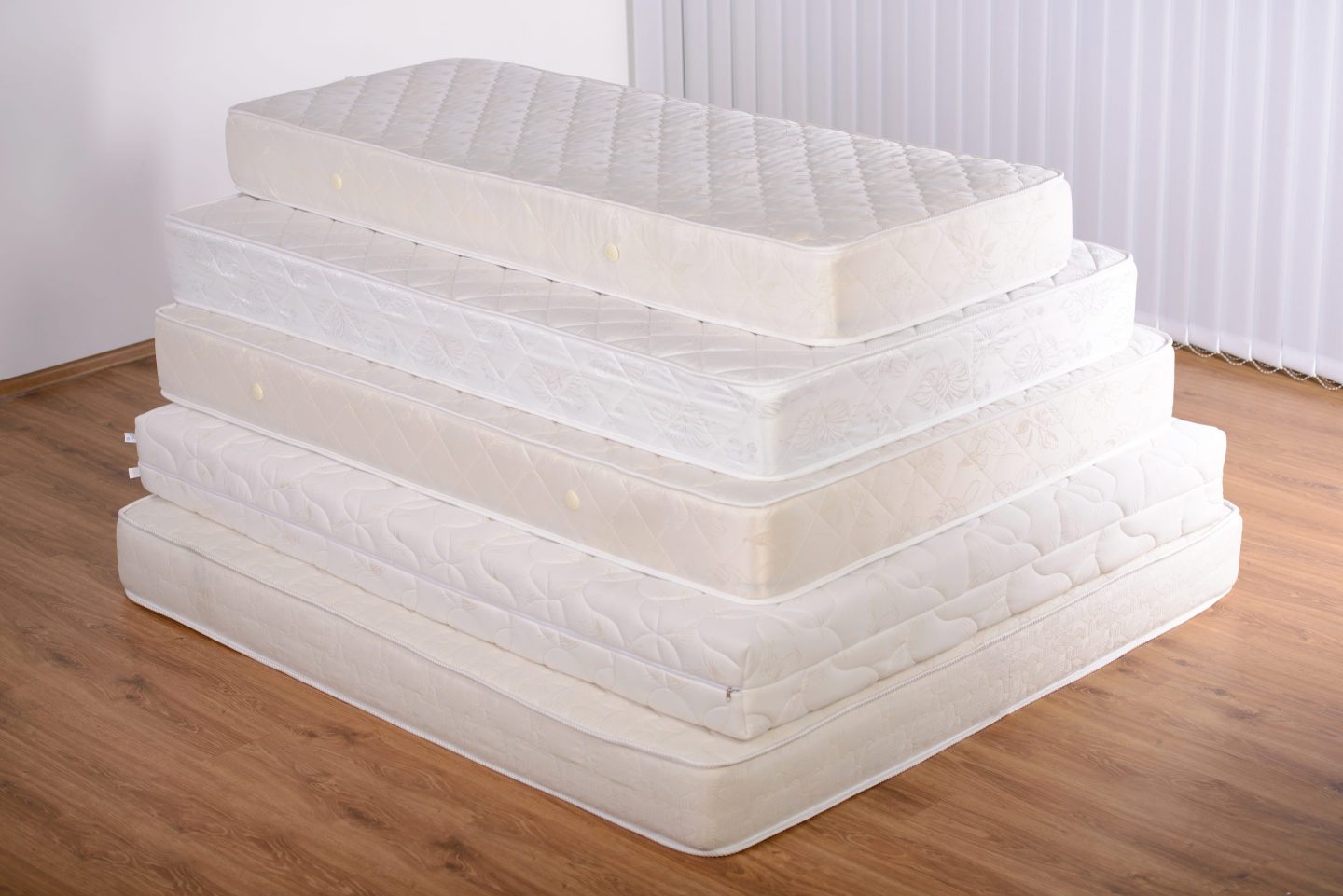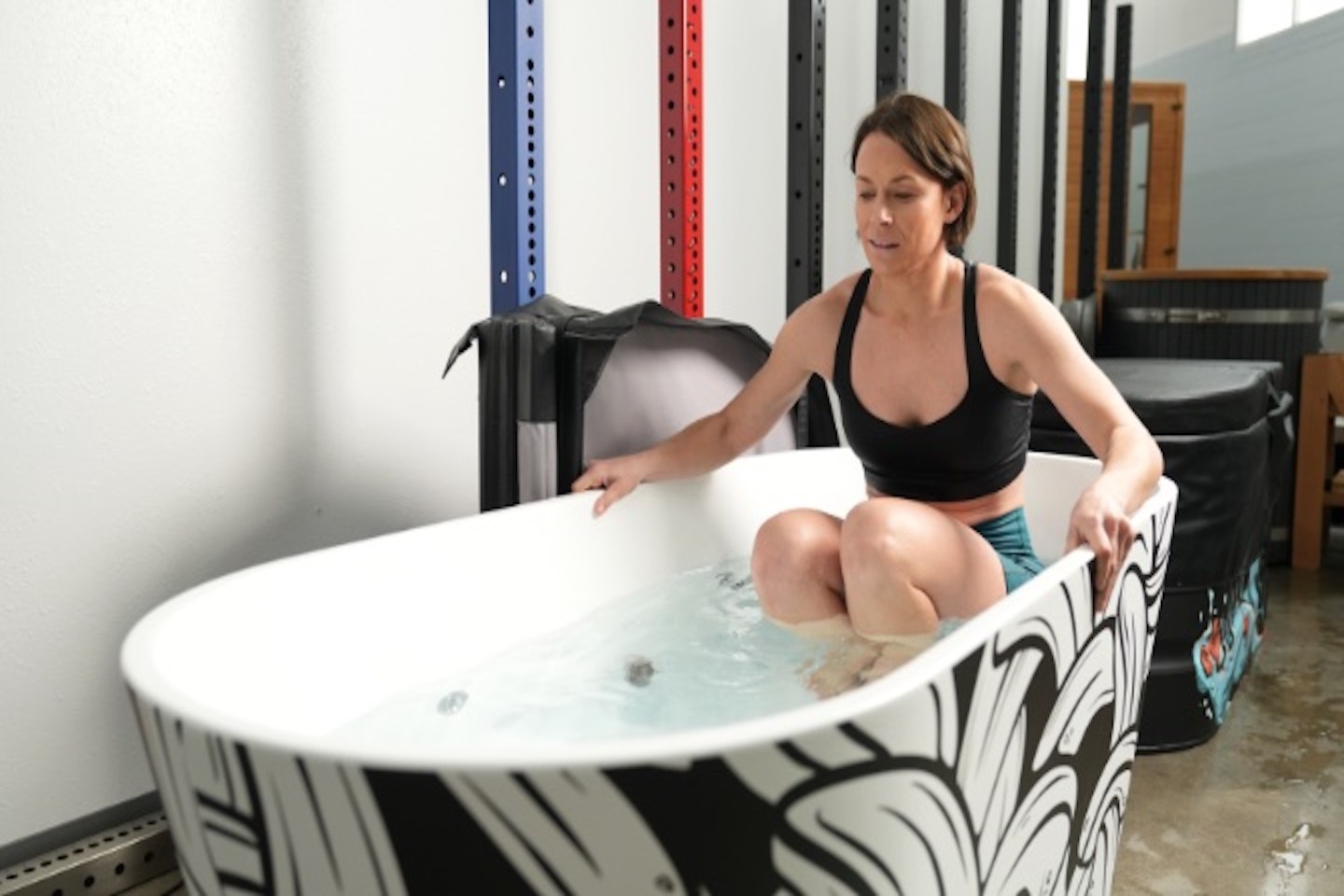The German vaccine maker BioNTech, the company behind the world’s most effective COVID-19 vaccine, is putting down roots in Asia.
On Sunday, Chinese pharmaceutical giant Fosun Pharma, announced that it will establish a joint venture company with BioNTech to manufacture BioNTech’s mRNA COVID-19 vaccine in China.
Fosun Pharma said in a statement to the Hong Kong stock exchange that the two companies plan to invest up to $100 million each to build a manufacturing facility with the capacity to produce 1 billion vaccine doses per year.
A representative from Fosun Pharma declined to comment on when the facility will become operational and said it couldn’t provide any additional information beyond Fosun’s release.
On Monday, BioNTech separately announced that it is establishing a new regional hub in Singapore for developing and manufacturing vaccines and therapeutics based on its novel mRNA technology.
Subscribe to Eastworld for weekly insight on what’s dominating business in Asia, delivered free to your inbox.
BioNTech’s share price on the Nasdaq is more than five times as high as it was in January 2020 before the pandemic; its market capitalization is over $44 billion. The pair of announcements represents the expanded reach of a newly powerful global pharmaceutical company, one that sees Asia as a hub for growth during the COVID-19 pandemic and beyond.
BioNTech and China
In March 2020, Fosun Pharma and BioNTech signed a deal for Fosun to help develop and distribute BioNTech’s vaccine in mainland China, Hong Kong, Macau, and Taiwan.
They brokered the agreement days before U.S. Pharmaceutical giant Pfizer signed a deal with BioNTech for the rights to commercialize BioNTech’s vaccine in every market globally except for China, Turkey, and Germany.
The BioNTech and Pfizer collaboration has proved fruitful. The two companies have partnered to distribute hundreds of millions of vaccine doses to the World Health Organization and over 80 countries globally.
But Fosun Pharma and BioNTech’s deal to sell the same jab in China has yet to reap similar rewards.
So far, BioNTech and Fosun’s drug has only been approved in Hong Kong and Macau, cities with a combined population of just over 8 million people.
In Taiwan, Fosun and BioNTech’s COVID-19 approval has faced roadblocks. Taiwan’s ban on importing vaccines from a mainland Chinese manufacturer may have slowed negotiations for the drug.
Approval in mainland China, meanwhile, has lagged for other reasons.
In China, authorities asked Fosun and BioNTech last November to conduct additional safety trials before approval. Fosun completed the trials and submitted clinical data to Chinese authorities in April, according to Chinese media, but China still hasn’t approved the jab.
Fosun declined to comment on when it expects China to make a decision on approving the vaccine for the Chinese market.
The Wall Street Journal reported in April that China will approve BioNTech and Fosun’s vaccine by July, but that the decision would be driven, at least in part, by politics. The report said that China would only approve the vaccine if COVID-19 jabs from Chinese vaccine makers gained more acceptance abroad.
But Fosun and BioNTech’s joint venture announcement may signal that Chinese authorities are warming to the idea of approving BioNTech’s foreign-developed vaccine.
The companies disclosed the joint venture days after a Chinese vaccine maker won China’s most significant foreign approval to date. On Friday, Chinese state-owned vaccine maker Sinopharm received authorization from the World Health Organization for global distribution of its COVID-19 vaccine.
Greater Asia
BioNTech’s new joint venture in China hints at its larger ambitions in Asia.
On Monday, BioNTech also announced that it is establishing its first regional hub in Singapore and will build a new manufacturing facility in the city to make mRNA vaccines and other therapeutics.
“With this planned mRNA production facility, we will increase our overall network capacity and expand our ability to manufacture and deliver our mRNA vaccines and therapies to people around the world,” Ugur Sahin, CEO of BioNTech, said in a statement.
BioNTech did not mention its mRNA COVID-19 vaccine or Pfizer in its press release. It is also unclear if BioNTech will produce its COVID-19 vaccine in Singapore, since Pfizer controls the rights to manufacture and distribute BioNTech’s COVID-19 vaccine there. (Singapore was the first country in Asia to approve the BioNTech vaccine last December, and began rolling it out to residents—via Pfizer—that month.)
In a statement to Coins2Day, BioNTech said that it will at least have the capacity to produce COVID-19 vaccines at the manufacturing site in Singapore.
“Our new site will be equipped to produce a range of novel mRNA vaccines and therapeutics for infectious diseases and cancer, based on our growing pipeline of product candidates and including our COVID-19 vaccine,” a spokesperson for BioNTech told Coins2Day.
Pfizer did not respond to a request for comment on BioNTech’s Singapore announcement.
BioNTech said in its press release that construction of the planned facility could begin this year and may be operational as early as 2023. The release, meanwhile, said that BioNTech’s facility would help address “potential” threats related to pandemics without referring to the current COVID-19 pandemic.
“BioNTech’s mRNA manufacturing facility will contribute significantly to the region’s ability to address future pandemic threats,” Dr. Beh Swan Gin, chairman of the Singapore Economic Development Board, said in a statement.
More health care and Big Pharma coverage from Coins2Day:
- The COVID vaccine is set to make up more than half of Pfizer’s 2021 revenue
- Pfizer’s COVID-19 treatment pill could be available by year’s end
- Forget vaccine jabs—next-generation COVID-19 pills and nasal sprays are on their way
- We probably won’t reach COVID herd immunity. So why are states already reopening?
- T-shirts, bonuses, and paid time off: How companies are incentivizing workers to get a COVID vaccine as new guidance looms
Our mission to make business better is fueled by readers like you. To enjoy unlimited access to our journalism, subscribe today.












